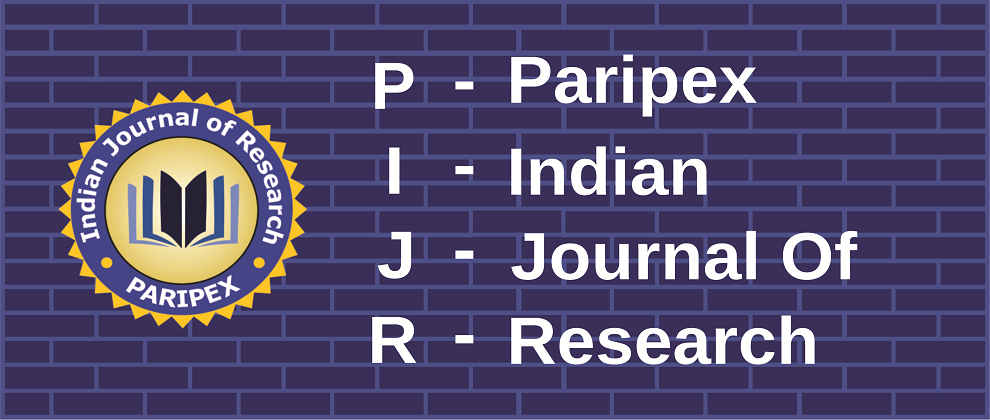Volume : VII, Issue : XI, November - 2018
Role of Antibiotics on Agriculture and Their Effects on Terrestrial Environment
Tanusree Sengupta
Abstract :
Since their discovery, antibiotics have been instrumental in treating infectious diseases that were previously known to kill humans and animals. However, their widespread use as an additive in animal feeds has raised concerns about the development of antibiotic‐resistant microorganisms. Increasingly, more microorganisms are becoming resistant to multiple antibiotics. A high proportion of the antibiotics added to animal feed is excreted in urine or manure. Microbial Resistance to antibiotics is on the rise, in part because of inappropriate use of antibiotics in human medicine but also because of practices in the agricultural industry. Intensive animal production involves giving livestock animals large quantities of antibiotics to promote growth and prevent infection. These uses promote the selection of antibiotic resistance in bacterial populations. The resistant bacteria from agricultural environments may be transmitted to humans, in whom they cause disease that cannot be treated by conventional antibiotics. The trends in antibiotic use in animal husbandry and agriculture in general are reviewed. The development of resistance is described, along with the genetic mechanisms that create resistance and facilitate its spread among bacterial species. Particular aspects of resistance in bacterial species common to both the human population and the agrifood industry are emphasized. Control measures that might reverse the current trends are highlighted.
Keywords :
antibiotic resistance and food animals animal antibiotic use and human and animal health risk
Article:
Download PDF
DOI : https://www.doi.org/10.36106/paripex
Cite This Article:
Role of Antibiotics on Agriculture and Their Effects on Terrestrial Environment , Tanusree Sengupta , PARIPEX-INDIAN JOURNAL OF RESEARCH : Volume-7 | Issue-11 | November-2018
Number of Downloads : 151
References :
Role of Antibiotics on Agriculture and Their Effects on Terrestrial Environment , Tanusree Sengupta , PARIPEX-INDIAN JOURNAL OF RESEARCH : Volume-7 | Issue-11 | November-2018


 MENU
MENU

 MENU
MENU


